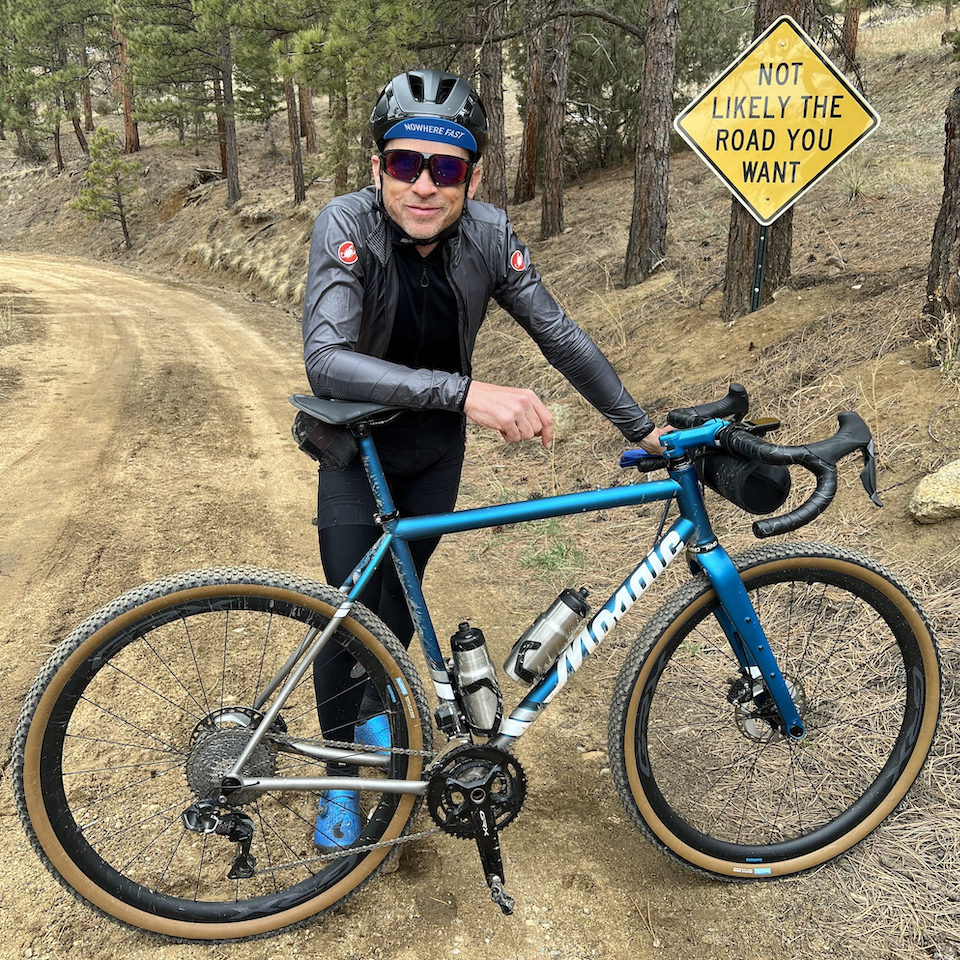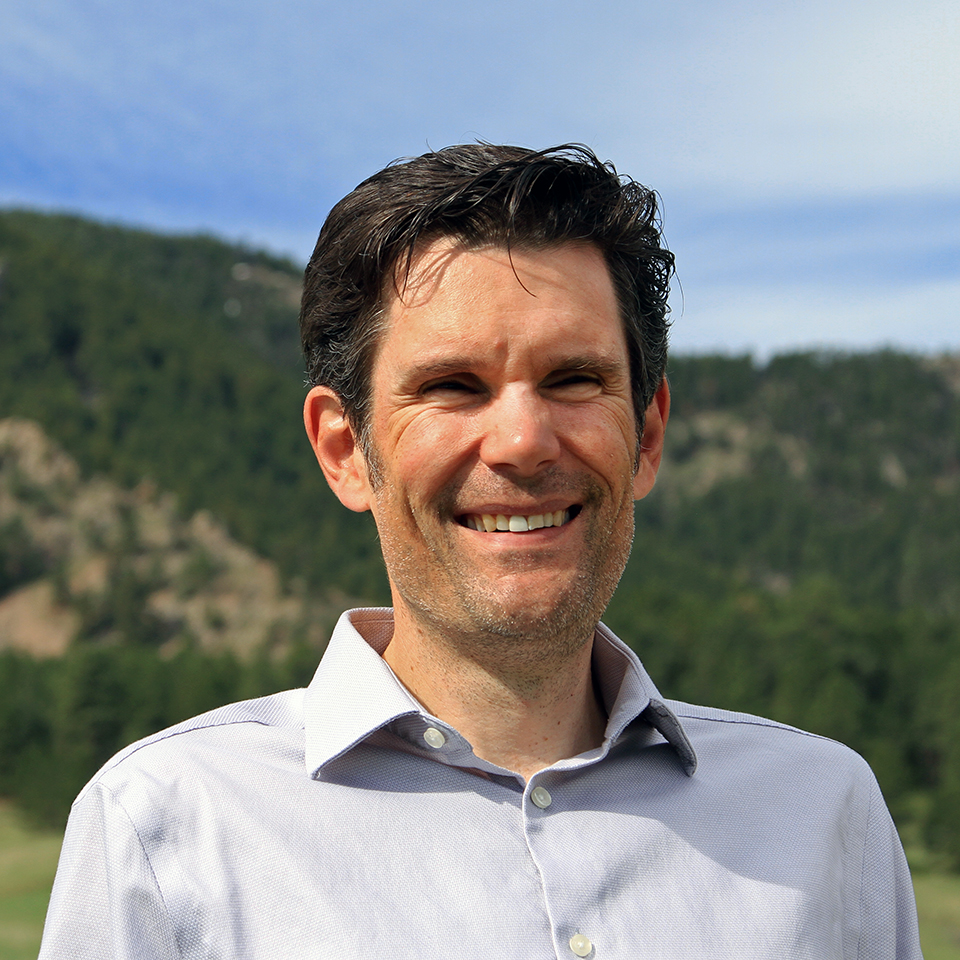
 Sports Nutrition Pathway
Sports Nutrition Pathway
Experts in this Pathway
What You’ll Learn
Fuel Better, Perform Better.
As athletes, we are bombarded with endurance sports nutrition advice. Whether it’s health- or performance-related, there is an abundance of nutrition information coming at us from brands, pundits, nutritionists, even friends and fellow racers. The problem? A lot of popular beliefs about sports nutrition are just wrong.
In this Pathway, we focus on sports nutrition for endurance athletes. We focus on the information that will get you 95 percent of the way to your best—focusing on the fundamentals, the science, and the practices utilized by our expert contributors, who each have decades of experience, including Trevor Connor, Dr. Asker Jeukendrup, Dr. Brian Carson, Dr. Tim Noakes, Dr. John Hawley, Julie Young, and Ryan Kohler.
This pathway will help you discern what is opinion, what is fact, and what is still open to debate, as well as things that are based more on personal preference and experience and without a clear right or wrong approach. After all, nutrition is personal, and what works for your teammate doesn’t necessarily mean it will work for you.
Focus on the fundamentals
Good nutrition starts with the fundamentals. Master these, and you’ll be well on your way to improved health and performance. This three-part series of articles reviews these fundamental principles starting with the building blocks and fuels that contribute to success as an athlete.
Part 2 focuses on the necessary fuel sources and provides lessons on how you can use a gap analysis to begin planning your nutrition. We reinforce the need to consider food as a fuel for the human engine.
Finally, part 3 will help you understand how data informs intuition, and ultimately demonstrates how you can get so familiar with how to fuel properly that it becomes second nature. Click below to read these articles.

The Fundamentals of Sports Nutrition: Introductory Concepts on Fueling the Engine

The Fundamentals of Sports Nutrition: Optimizing Fuel Supplies

The Fundamentals of Sports Nutrition: How to Use Intuition to Improve Fueling
A beginner’s guide to endurance sports nutrition
In this article, a beginner athlete explores the complicated world of sports nutrition, finding a few easy ways to bring about a new attitude and approach to improved fueling. Click below to read this article.

Sports Nutrition for Beginners
Hydration basics
Sports nutrition and hydration go hand in hand. And just like nutrition, hydration is an often-misunderstood subject. Coach Trevor Connor details the reasons why sports drinks containing excess salt follow the “law of entropy.” He then shares several tips from prominent physiologist and nutritionist, Dr. Stacy Sims, on the most effective ways to stay properly hydrated. Click below to read this article.
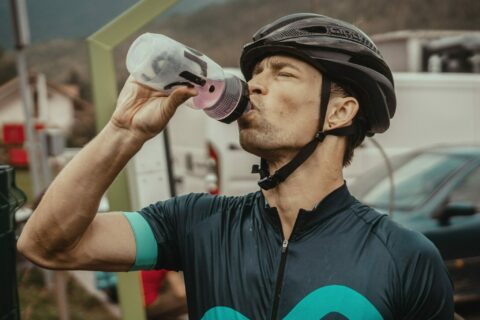
Sweetening the Truth on Hydration
Monitoring your nutrition
There are few things that Coach Trevor Connor and Coach Ryan Kohler like more than digging into peer-reviewed research on nutrition. In this webinar, they discuss how athletes and coaches can gain a better understanding and improve their approach to nutrition monitoring.
The two nutrition experts examine the research on nutrition monitoring habits, the dangers of using nutrition apps, red flags that indicate athletes may be developing unhealthy nutrition attitudes or habits, and best practices that can make nutrition monitoring a healthy and useful way to improve your fueling. Click below to view this webinar.
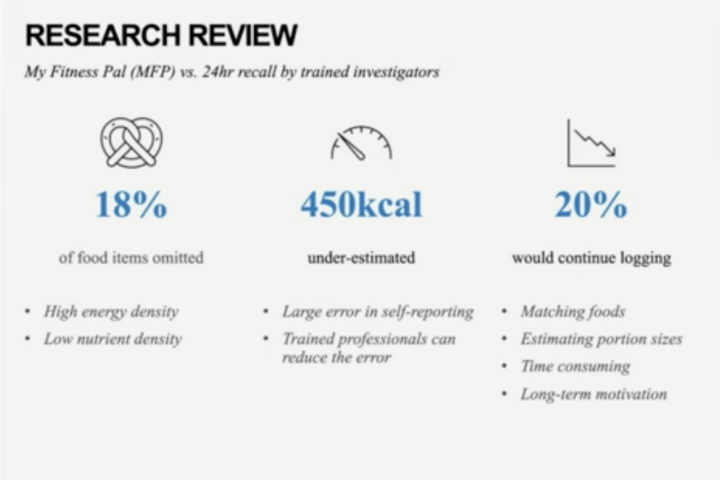
How to Monitor Your Nutrition
Sport-Specific Fueling Strategies
Once you have a firm grasp on the fundamentals of sports nutrition, you can start employing the following sport-specific strategies to enhance your athletic performances. These methods can elevate your nutrition practices to a higher level—but be careful, as some of them come with risks.
Periodize your nutrition
In Fast Talk episode 23, world-renowned nutritionist Dr. John Hawley discusses why endurance athletes should consider periodizing their nutrition, much like they periodize their training. Revealing some of the new science to support this approach, he explains the difference between race and training nutrition, and debunks some myths about ketogenic diets. Click below to listen to this podcast.

How Periodization Works… for Your Nutrition
Coach Connor’s Nutrition 101
As we modify our nutrition in search of performance gains, we must also keep in mind what is healthy and what isn’t—not every choice that improves performance is necessarily healthy. In Fast Talk episode 37, Trevor Connor is both the co-host and guest of honor as he describes the many hours of research he completed on this topic in graduate school. Click below to listen to this podcast.
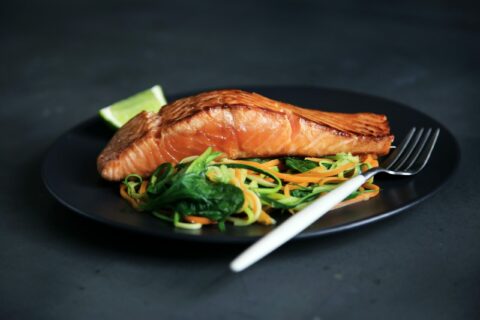
Nutrition: Sugar, Wheat, Paleo, and Performance
Training the gut
Fast Talk episode 83 brings us back to training—nutritional training. Dr. Asker Jeukendrup, who works with several WorldTour cycling teams, reviews the concept of training the gut. He does this, in part, by explaining how to apply a scientific approach to determining carbohydrate needs. Are you a fat burner, or a carb burner? How should you go about training your gut? Learn about these topics and more as you develop personalized nutrition strategies. Click below to listen to this podcast.
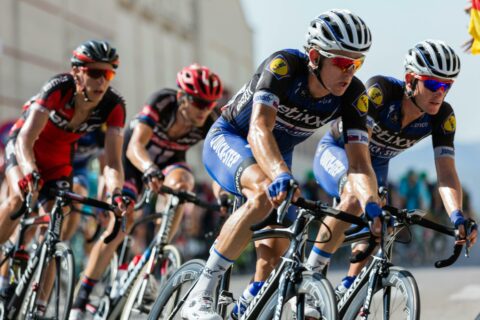
Training the Gut, with Asker Jeukendrup
Faster being fasted?
Instead of talking about carbohydrates, let’s talk about the opposite—no carbohydrates. Have you ever woken up early in the morning to go for a ride, skipped breakfast, and thought, “I wonder if that was bad for my training? Or maybe it was good?” In Fast Talk episode 123, we decipher if there are any advantages or disadvantages to occasionally riding, or exercising in general, in a fasted state. What does “fasted” actually mean, in this context? How does that help, or hurt, training? Click below to listen to this podcast.

Performance Gains and Adaptations from Fasted Training, with Dr. Brian Carson
Carbohydrate manipulation
Dr. Jeukendrup returns to Fast Talk in episode 150, answering other questions about carbohydrate manipulation, including low and high consumption and their benefits, to examine four specific approaches that can help you get to the start line feeling fully prepared. Click below to listen to this podcast.
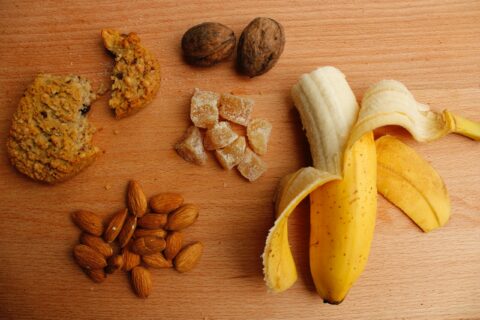
Are There Benefits to Carbohydrate Manipulation? With Dr. Asker Jeukendrup
How to create a race-day nutrition plan
Now that you have a solid foundation on sports nutrition, it’s time to put those principles into practice. In part 1 of this webinar series, Coach Ryan Kohler leads a discussion on how to create a personalized race-day nutrition plan. You will learn about considerations for the course and weather, how to think about your nutrition “training” alongside your physical training, and contingency planning.
Part 2 dives into more research, including a case study that Coach Ryan completed on athletes competing in the Leadville MTB 100 race. You will learn about what the research suggests and how to incorporate these recommendations into your plan.
Part 3 addresses some of the more specific components of creating a race-day plan, including how to determine what nutrition will be available at aid stations, estimating nutrition needs between aid stations, and much more.
Taking the time to plan your nutritional approach is the biggest step you can take to improving performance. Check out the homework assignment in our Forum for additional ideas as you shape your individual plan. Click below to view this webinar series.
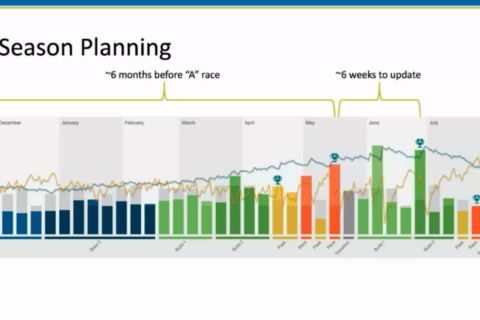
How to Create a Race-Day Sports Nutrition Plan, Part 1

How to Create a Race-Day Sports Nutrition Plan, Part 2
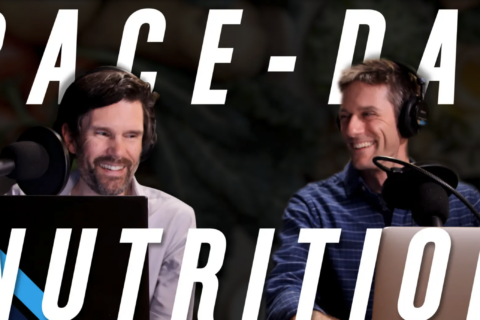
How to Create a Race-Day Sports Nutrition Plan, Part 3
Hot Topics in Nutrition
If we had to summarize sports nutrition in one word it would probably be “controversial.” Or maybe just “confusing.” Endurance sports guidelines tell us we need to pack in carbohydrates. Then we hear about professional teams and prominent athletes resorting to a nearly carbohydrate-free diet. So, which one is best? And, frankly, do we need to eat the same way a grand tour rider eats?
In this section, we’ll address some of the hottest topics in sports nutrition: supplements, ketogenic diets, weight management, and ketone esters. Are they simply fads, or is there evidence to suggest big benefits? We dive in.
All about keto
One thing that’s certain is that in the world of sports nutrition, “keto” has become a buzzword. Terms like “ketogenic diet” have become some of the most searched dietary terms on Google. But what is a ketogenic diet? And in a realm like endurance sports where high-carb pasta dinners and simple-sugar sports drinks have been the norm for decades, why are we even talking about a very low-carbohydrate, high-fat diet? In Fast Talk episode 46, we dive into the details of ketogenic and high-fat diets with one of its most prominent proponents, Dr. Timothy Noakes.
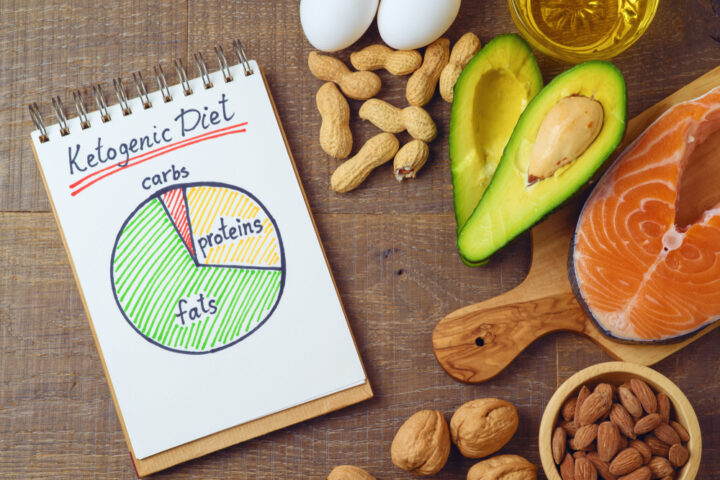
Inside Ketogenic and High-Fat Diets, with Dr. Timothy Noakes
Busting myths about popular supplements
Not all supplements are built the same: Some of them actually have benefits and aren’t simply steeped in marketing jargon. In general, though, most supplements over-promise and under-deliver. In Fast Talk episode 65, we examine some of the supplements for which there is scientific evidence of benefits and dispel several myths about what those purported benefits are.

Debunking Supplements—What Works, and What Doesn’t?
Weight management
For decades, weight management has relied on an assumption: that manipulating calorie intake will predict weight gain or loss. But does it actually work? In this podcast, we discuss this controversial subject with renowned physiologist and nutritionist Dr. Timothy Noakes.

Is Weight Management as Simple As Calories In, Calories Out? With Dr. Timothy Noakes
Ketones vs. fundamentals
As we have seen throughout this Pathway, nutrition is a complicated and ever-evolving field of study. The evidence for certain approaches is overwhelming; conversely, there is a paucity of support for certain supplements or practices that are heavily touted in popular culture.
Among the hottest topics in supplementation is ketone esters. Former pro and elite cycling coach Julie Young reviews the research on ketones for endurance performance. She examines the various forms they can take, their potential benefits, and, ultimately, why athletes should always bring it back to the fundamentals. There are no short cuts; fall in love with the process and performance will follow.

Can Ketones Help Fuel Endurance Performance?
Join the conversation
Do you have additional sports nutrition questions that you would like answered by our staff and endurance community? Head over to the Forum and post there to collaborate, find additional answers and insights, and contribute your tips for nutritional success.
STILL NEED HELP?
It bears repeating: Nutrition is both complex and very personal, which is why it can be so challenging to master. If you still need help, schedule a free consultation with us and we will develop a path forward that is individualized for you. Or you can schedule time with our coaches to get personalized nutrition guidance.
